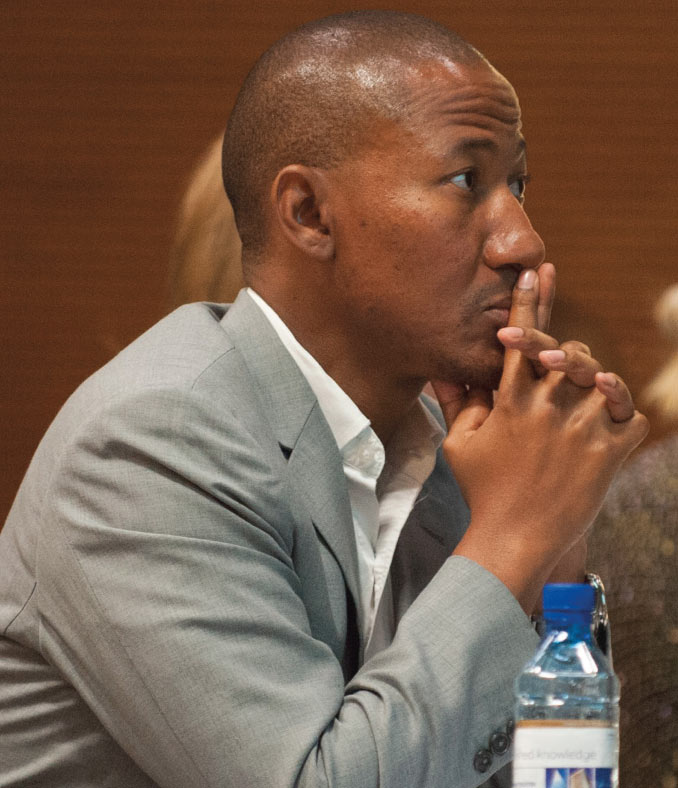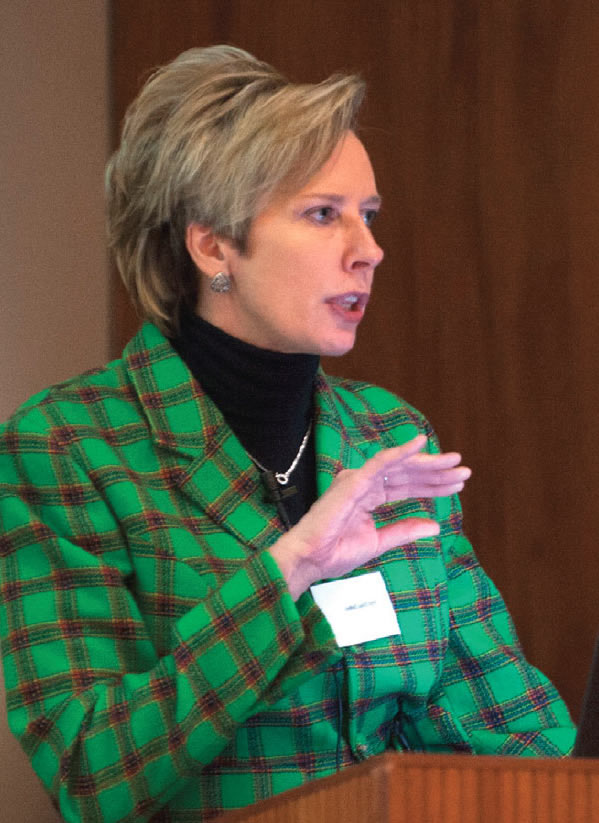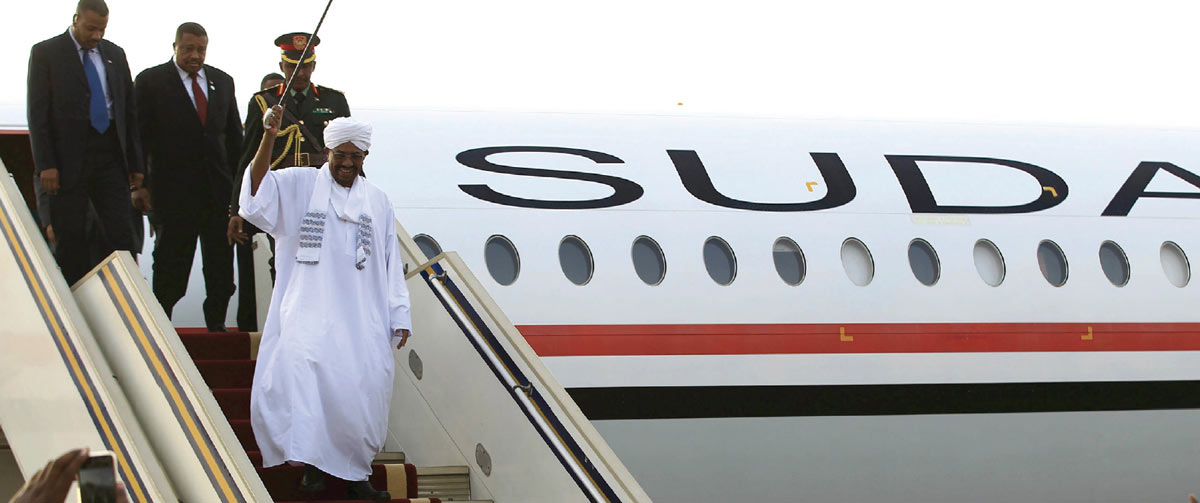 Professor Dire Tladi
Professor Dire Tladi
Even before the possibility of Al-Bashir arriving in South Africa arose, Professor Dire Tladi had written in a leading international journal, Journal of International Criminal Justice, about the conflict of obligations existing in international law with respect to Al-Bashir.
Under general international law, Heads of State are immune from the jurisdiction of foreign States. However, the Rome Statute establishes a duty to arrest and surrender persons, including Heads of State, when such persons are sought by the International Criminal Court. With the arrival of Al-Bashir, this conflict of obligations became real.
On appeal, the Supreme Court of Appeal cited Dire Tladi, and determined, as he had argued in his writings, that there was a conflict of obligations. In addition to advising the government on the subject, and because of his expertise, Professor Tladi had previously been invited to give a keynote address to the annual meeting of the German-speaking Association of International Criminal Lawyers in May 2015. Also, the Japanese Society of International Law requested him in 2014 to write an article for the Japanese Yearbook of International Law on the subject, which was published in the 2015 volume of the Yearbook.
Professor Tladi’s research on, and personal experience with, international criminal law led him to write a novel – Blood in the Sands of Justice (2015). It has been described as a riveting crime thriller, built on his extensive knowledge of the workings and machinations of international justice, the relationship between the International Criminal Court, the UN Security Council and the African Union. Those familiar with his political and academic work will recognise his ‘insightful analytical hand navigating the sands of fiction’.
The Institute for International and Comparative Law in Africa (ICLA) in the Faculty of Law held a debate on 25 July 2015, shortly after Al-Bashir’s non-arrest in South Africa, between Dire Tladi and Johan van der Vyver, IT Cohen Professor of International Law and Human Rights at Emory Law School, Atlanta, Georgia, and Extraordinary Professor in the Department of Private Law at University of Pretoria. The debate was chaired by Christof Heyns, Professor of Human Rights and the Co-Director of ICLA at University of Pretoria, and UN Special Rapporteur on extrajudicial, summary or arbitrary executions.
Dire Tladi is Professor in the Department of Public Law and a fellow in the Institute for International and Comparative Law in Africa in the Faculty of Law. He is also Advisor to South Africa’s Minister of International Relations and Cooperation and the Co-Editor-In-Chief of the South African Yearbook of International Law. In 2011 he was appointed to serve on the United Nations International Law Commission (ILC), a subsidiary organ of the General Assembly of the UN. The ILC is made up of international law experts responsible for the codification and progressive development of international law. In May 2015, he was appointed as special Rapporteur responsible for the topic Jus Cogens – in layperson’s terms, the most important rules of international law. He has been approached to give the prestigious Hague Academy Lectures on International Law in 2020. This is an honour that has only been bestowed on one other South African – John Dugard.
 Professor Erika de Wet
Professor Erika de Wet
Professor Erika de Wet, Co-Director of the Institute for International and Comparative Law in Africa (ICLA), was awarded the DST-NRF SARChI Chair in International Constitutional Law in 2015. She received an NRF A-rating in 2015 and was also appointed as an Honorary Professor in the Faculty of Law, University of Bonn, Germany.
The South Africa Research Chairs Initiative (SARChI) Chair will focus on examining the legal consequences of the exercise of public power by international organisations, such as the United Nations (UN) and the African Union (AU), for states and for those who live within their territories. This includes the challenges that states face in implementing binding decisions in a manner that gives due effect to their international obligations, while simultaneously protecting principles of fundamental constitutional importance against excessive international influence that can undermine domestic democratic processes.
As with the article published by her colleague, Dire Tladi, her article on the implication of the visit of Al-Bashir to South Africa for international and domestic law, published in the 2015 Journal of International Criminal Justice, was also referred to in a subsequent Supreme Court of Appeal judgment on the matter. Al-Bashir arriving in South Africa for the African Union Summit, June 2015
Al-Bashir arriving in South Africa for the African Union Summit, June 2015